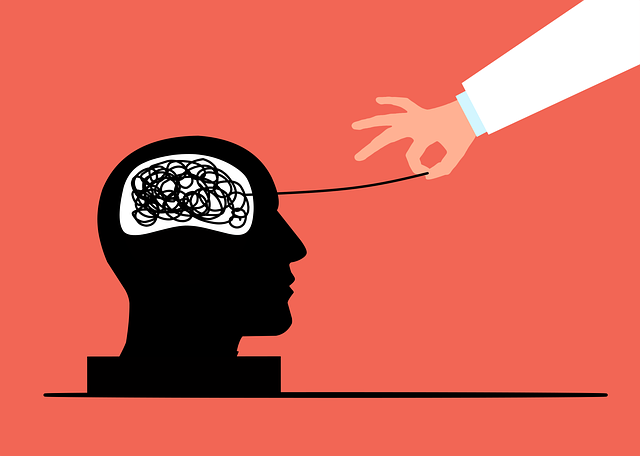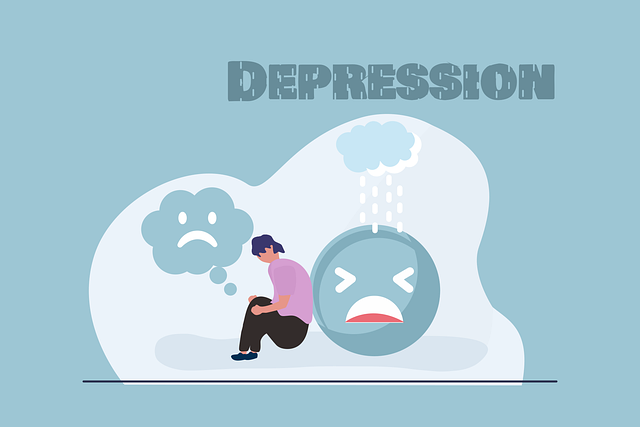Mental wellness self-care is a crucial practice for therapists and clinicians, focusing on structured routines that enhance mental health and resilience. Key techniques include mindfulness meditation, stress management, and personalized coping skills development. Arvada Therapy for Therapists-Clinicians offers guidance on creating tailored self-care routines, integrating evidence-based practices like mindfulness to reduce stress and improve client care. They emphasize holistic approaches, including mind-body connections and community outreach, for a balanced mental wellness regimen. Their structured framework helps therapists effectively guide clients towards improved well-being through clear goals, regular check-ins, and proven techniques.
“Unwind, rejuvenate, and transform—it’s time to embrace a holistic approach to mental wellness through self-care. This comprehensive guide, tailored for therapists and clinicians, delves into the art of cultivating personalized self-care routines. From understanding the foundational role of self-care in therapeutic practices to identifying individual needs and integrating evidence-based techniques, we explore strategies that nurture mind, body, and spirit. Inspired by Arvada Therapy’s expert approach, learn how to create a balanced routine and track progress effectively.”
- Understanding Mental Wellness Self-Care: The Foundation of Therapeutic Practice
- Identifying Individual Needs: Personalized Routines for Optimal Wellbeing
- Integrating Evidence-Based Techniques into Daily Practices
- Creating a Balanced Routine: Mind, Body, and Spirit Connection
- Implementing and Tracking Progress: Arvada Therapy's Approach for Therapists-Clinicians
Understanding Mental Wellness Self-Care: The Foundation of Therapeutic Practice

Mental wellness self-care is a cornerstone of therapeutic practice, especially for Arvada Therapy professionals like therapists and clinicians. It involves creating a structured routine that promotes mental health and fosters resilience against life’s challenges. By integrating stress management techniques such as mindfulness meditation, therapists can empower their clients to develop a deeper sense of calm and emotional balance.
This foundation is crucial for maintaining mental wellness, enabling individuals to navigate the hustle and bustle of daily life with greater ease. Through self-care routines, therapists model healthy coping mechanisms, providing tangible tools for their clients to improve overall well-being. Incorporating practices like mindfulness meditation not only supports stress reduction but also enhances the therapeutic relationship, making it a vital component of any comprehensive mental wellness program.
Identifying Individual Needs: Personalized Routines for Optimal Wellbeing

Identifying Individual Needs is a crucial step in developing an effective self-care routine. What works for one person might not be suitable for another; thus, personalizing routines is essential for optimal wellbeing. This process involves introspecting and understanding your unique mental health landscape. Consider factors like stress triggers, coping mechanisms, and emotional needs. For instance, some individuals may find solace in mindfulness practices and nature walks, while others thrive through creative outlets or structured exercise routines.
In the context of Arvada Therapy for Therapists-Clinicians, professionals can offer valuable guidance on tailoring self-care practices to their clients’ specific needs. By integrating Mental Health Awareness and promoting Coping Skills Development, therapists can empower individuals to prevent Burnout and cultivate sustainable wellness habits. This personalized approach ensures that self-care routines are not one-size-fits-all but rather adaptive and evolving alongside an individual’s mental health journey.
Integrating Evidence-Based Techniques into Daily Practices

Integrating evidence-based techniques into daily practices is a cornerstone of developing an effective mental wellness self-care routine. Therapists and clinicians, such as those at Arvada Therapy, play a vital role in promoting healthy habits that can be adopted both professionally and personally. Mindfulness meditation, for instance, has been shown to reduce stress and anxiety, improve focus, and enhance emotional regulation—benefits that translate directly into better client interactions and overall well-being.
Community outreach program implementation is another strategy worth considering. By engaging in initiatives that foster social connections and mental health awareness, professionals can create a supportive network both within their practice and the broader community. This not only enriches their own lives but also enables them to provide more comprehensive care to their clients. Additionally, regular risk assessment for mental health professionals is essential to ensure they maintain optimal psychological safety, which is crucial for effective therapy delivery.
Creating a Balanced Routine: Mind, Body, and Spirit Connection

In crafting a mental wellness self-care routine, striking a balance across mind, body, and spirit is paramount. A holistic approach recognizes that emotional well-being isn’t simply the absence of disorder but a vibrant symphony of interconnected elements. Incorporating practices like meditation, deep breathing exercises, or yoga for body awareness not only promotes physical health but also cultivates mental clarity and emotional regulation. These techniques, often explored through Arvada Therapy for Therapists-Clinicians, can serve as powerful tools in maintaining equilibrium and fostering positive thinking.
Just as the body requires nourishment, so does the mind need stimulation and care. Engaging in creative pursuits, connecting with nature, or dedicating time to social interactions are all part of a fulfilling routine. By nurturing each aspect—mind, body, spirit—individuals can experience profound improvements in their overall emotional well-being, setting the stage for resilience and a deeper sense of fulfillment.
Implementing and Tracking Progress: Arvada Therapy's Approach for Therapists-Clinicians

Implementing and tracking progress is a cornerstone of effective therapy, and Arvada Therapy offers a structured approach designed to support Therapists-Clinicians in guiding their clients towards mental wellness. This method involves setting clear, achievable goals tailored to individual needs, focusing on both short-term and long-term objectives. By integrating evidence-based techniques such as Positive Thinking and Empathy Building Strategies, therapists can facilitate significant improvements in self-esteem and overall well-being.
Arvada’s tracking system encourages regular check-ins with clients to monitor progress, adjust strategies as needed, and celebrate achievements. This dynamic approach not only ensures accountability but also fosters a collaborative environment where Therapists-Clinicians can continuously refine their techniques, enhancing the therapeutic experience for both themselves and their clients.
Developing a mental wellness self-care routine is a transformative journey, and for therapists and clinicians, it can be a powerful tool to enhance their own well-being and improve client outcomes. By integrating evidence-based techniques, creating balanced mind-body-spirit connections, and utilizing personalized approaches, professionals like those at Arvada Therapy can foster resilience and support optimal mental health. This comprehensive strategy not only benefits therapists but also allows them to more effectively guide clients on their paths to healing and growth.











